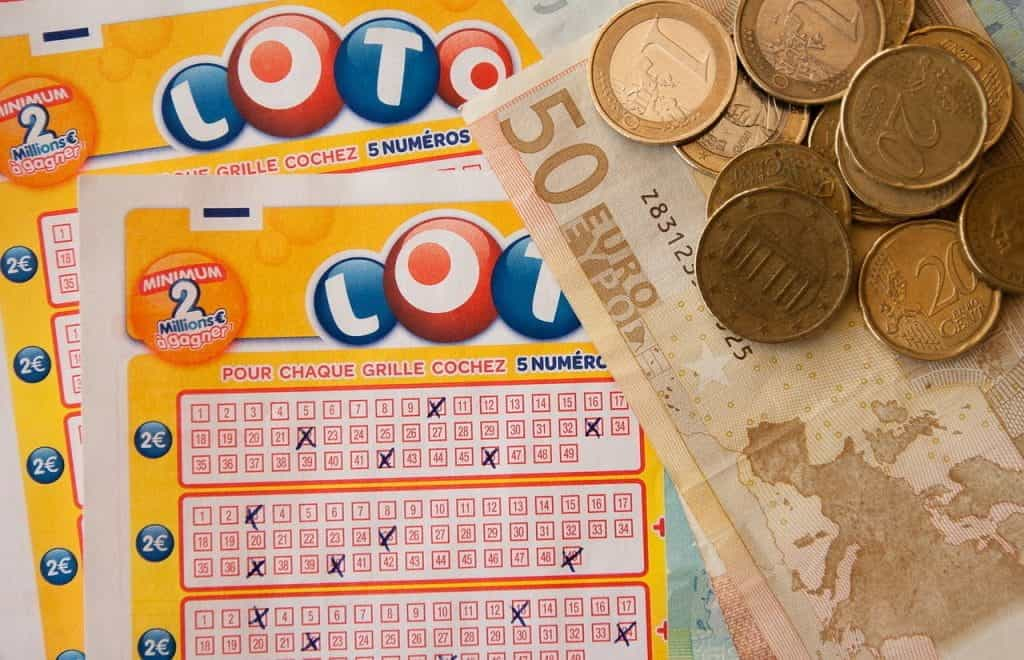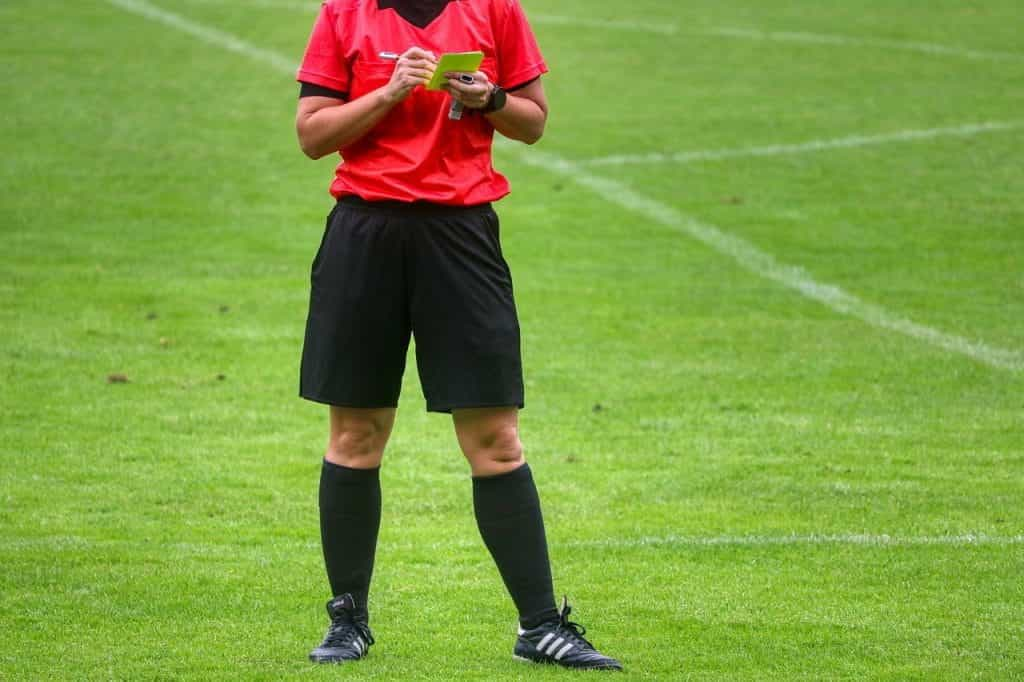Svenska Spel CEO Wants Lottery Betting Ban
Patrik Hofbauer, the president, and chief executive of Svenska Spel, has called for a ban on the lottery betting industry in Sweden. Hofbauer described the continued legality of lottery betting as a business model “incomprehensible” in a statement released on Svenska Spel’s website.

Patrik Hofbauer has proposed a ban on lottery betting in a recent post on the Svenska Spel website. ©jackmac34/Pixabay
On the 27th of November 2019, Hofabuer released a statement on the Svenska Spel website, in which he argued that operators who provide lottery betting services use business models that would not be permitted in other industries.
“It is incomprehensible that [lottery betting] may continue,” Hofbauer said. “I can’t think of any other industry where it’s okay to use competing companies’ products as their own business. The shadow gaming companies cannibalize on well-known lotteries without owning the brands themselves that they market and sell.”
The Svenska Spel president said that he hoped the complaint would be addressed in the presentation made by the Swedish Gambling Market Investigation Board (Spelmarknadsutredningen) on the results of an investigation into the country’s recently re-regulated market, which opened on the 1st of January 2019.
Hofbauer refers to lottery betting as “shadow betting” in his statement and he argued that it is confusing to customers, who might not be aware that they are simply playing the lottery itself.
“Deposit 25 SEK and get 100 SEK to bet on Lotto’ advertises, for example, one of the shadow gaming companies,” Hofbauer said. “Only further into the site does it become – hopefully – clear to the player that it is not Svenska Spel’s Lotto or another lotto draw but you are betting on the outcome of the lottery. The shadow game companies simply go low on incorporated brands.”
“At the same time, it is very doubtful if customers understand what kind of game they are participating in. You should almost be a game technology expert to understand what betting on the outcome of lotteries means.”
Hofbauer also said that the investigation was important, due to the major reforms which have taken place in the Swedish Gambling market recently. He made the point that such upheaval can have unintended consequences.
“When the new Gaming Act was announced in Parliament in 2018, an investigation was also set up to monitor the effects,” Hofbauer said. “It was a wise decision. As the conditions for a market are fundamentally changed, it is necessary, after a while, to verify that the reforms have really provided the positive effects that the Riksdag [Sweden’s legislature] and the government have wanted to achieve.”
“I think everyone is aware that there are sometimes negative side effects of major changes. Often it is about rogue players seeing an opening that the legislature had not foreseen. This does not mean that the re-regulation in itself is bad, only that it is extremely difficult to predict in advance all conceivable loopholes.”
The chief executive of Svenska Spel also said that he believes that lottery betting companies violate the Swedish Gaming Act. This legislation declares that the lottery market should be reserved solely for the public benefit and the state. Hofbauer believes lottery betting companies contravene this law.
Hofbauer uses Denmark as a case study in his statement. Denmark has already outlawed lottery betting and Hofbauer believes Sweden should follow suit soon.

Hofbauer has also recently called for a ban on betting on certain markets which can be influenced by a single player, such as yellow and red cards. ©planet_fox/Pixabay
Hofbauer’s Calls for Reform
This is not Hofabuer’s first venture into the legalities of gambling and the moral obligation that betting operators have for their customers.
In October, he backed a plan to introduce a ban on betting on certain markets in Sweden.
The proposed plan would make it illegal to bet on markets that can be influenced by a single player in a match. These markets would include betting on things such as corners or yellow and red cards in football matches.
Hofbauer announced his support for this idea, saying that match-fixing is already a problem for the sports and gambling industries and that betting operators should not make it easier for games to be fixed by offering betting options for such markets.
“This type of event is very easy to manipulate because they do not depend on the entire team effort, but can be controlled by a single player,” Hofbauer said.
“Svenska Spel has always been supportive of the sport on this issue. It is a matter of course for us to work together against cheating and crime. Our customers should be able to feel confident that the matches they have played on are free from manipulation.”
Hofbauer also pointed to the fact that the Svenska Spel Sport and Casino igaming subsidiary stopped offering odds on the Swedish Division 2 Södra Svealand football league in July as a result of concerns surrounding suspicious betting activity in the competition.
Hofbauer also spoke of the case in the competition in question when a player was suspected to have purposely got a yellow card. This occurred in a match between Kalmar and Elfsborg in early 2019 and it was suggested he did so in order for his relatives to win a bet.
“The message from the minister shows that our politicians and legislators are also serious about match-fixing,” Hofbauer said. “If a ban is now proposed and introduced, it will be a historic victory for the sport and the gaming companies that want to offer games on the terms of the sport. If you want the Swedish gaming market to be healthy and secure, then you welcome this message.”



